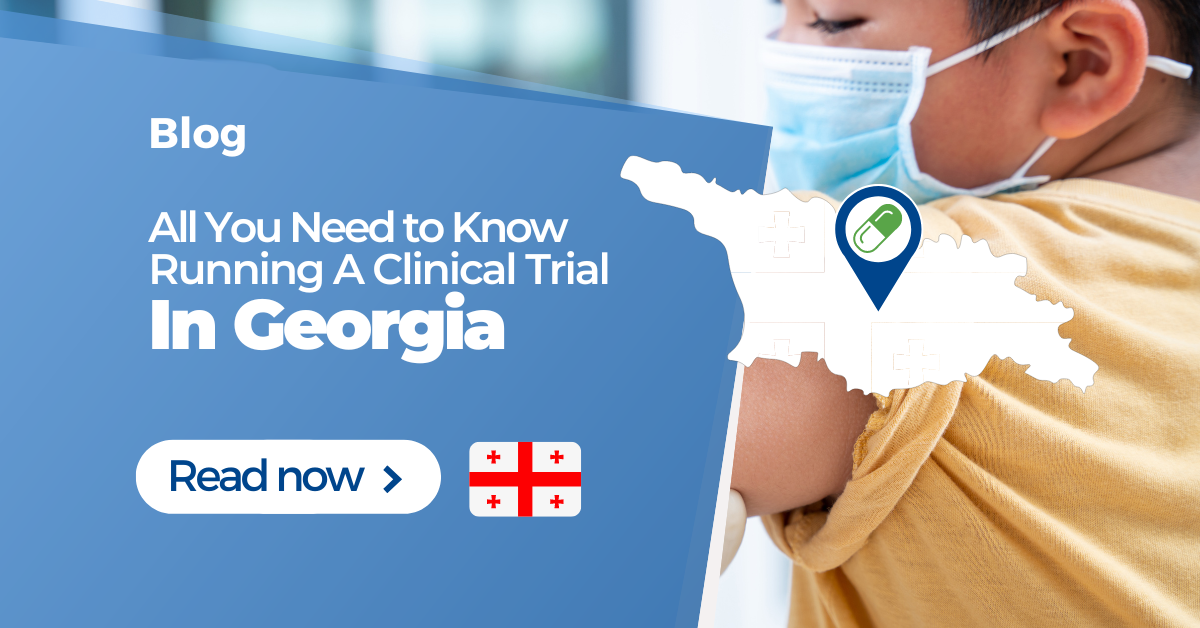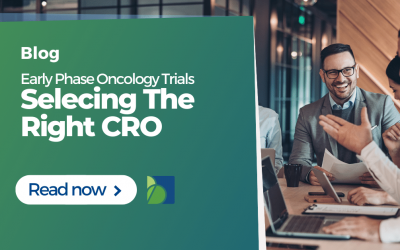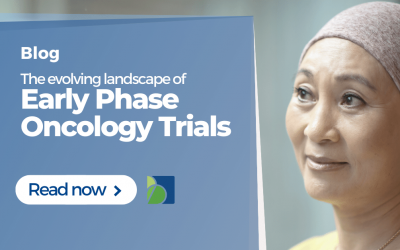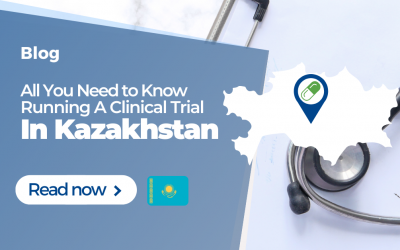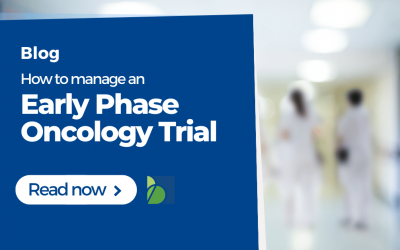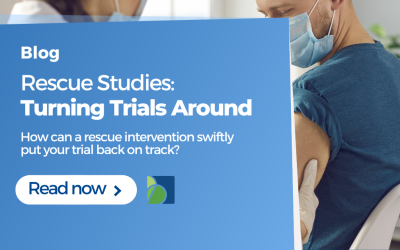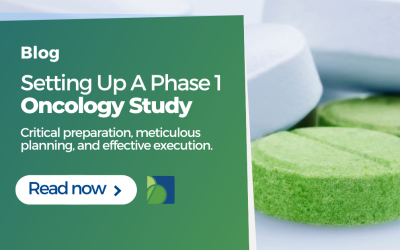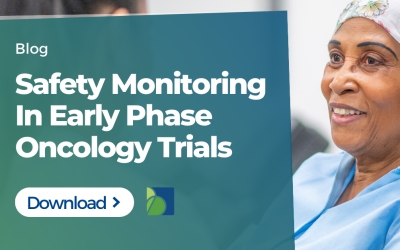Moving Clinical Trials away from Ukraine and Russia
Russia, Ukraine, and other CIS countries have been significant contributors to clinical trials in many therapeutic areas for several years. With access to experienced investigators, good quality, and large patient populations, we could often improve timelines in clinical trials by including them in more studies. However, with the current situation, we can expect hindered trials (at least) in Russia and Ukraine and relocation to other parts of Europe for new trials in the foreseeable future.
The impact of imposed sanctions and challenging trial logistics is increasingly challenging. Although we can manage the overall impact on biotech because sales and manufacturing activities in Ukraine and Russia are limited, clinical trial sites in Ukraine are unlikely to remain operational given the conflict. The effect of the conflict on clinical trials could be far-reaching.
About Georgia
Georgia has approximately 3.7 million inhabitants and is considered an upper-middle-income country, and is comparable to so-called BRIC-countries like Russia, Brazil, and China. Over the past 20 years, these nations have developed strategies and policies to establish a favourable environment to conduct Clinical Trials there. They have established themselves as reliable destinations for pharmaceutical and medical device trials.
Economic reforms that have taken place since their independence in 1991 have led to a favourable economic climate, with high levels of economic freedom and ease of doing business. As a result, like other countries of the Commonwealth of Independent States (CIS), Georgia is host to many clinical trials. As of June 2022, the number of active clinical trials in Georgia is 79, which is relatively high for a country with less than 4 million inhabitants.
Healthcare system in Georgia
The Georgian healthcare system underwent a considerable rework from a system focused on targeted rewards to a system with publicly funded universal healthcare. As a result, there are many hospitals in Georgia, namely 256, 25 of which are in the capital Tbilisi.
Advantages Of Conducting Clinical Trials in Georgia
Georgia might not be the first country that comes to mind when considering countries to conduct clinical studies. However, there is plenty of reason to consider Georgia seriously.
- Clinical research in Georgia offers full compliance with ICH GCP guidelines.
- Clinical data is generally of high quality and is accepted by both FDA and EMA.
- Rapid approval process, which takes only two months to initiate
- Much lower costs of clinical research compared to the United States and Western Europe
- Wide variety of clinical areas, including heart and brain CNS diseases.
Local Regulations for Clinical Trials in Georgia.
Although Georgia follows ICH GCP guidelines, it is still good to be up-to-date with local regulations for clinical trials in Georgia. Since Georgia is an EU-associated country, it has similar required submission packages as EU countries. Key differences are that a Clinical Trial Application (CTA) form and Investigational Medicinal Product Dossier (IMPD) are not required. Instead, you should provide the Case Report Forms (CRFs), study protocol, and patient-related documents in the Georgian language. You may submit the Investigator’s Brochure (IB) in English.
National Competent Health Authority For Clinical Trials
The health authority governing Clinical Trials in Georgia is the LEPL regulation Agency for Medical and Pharmaceutical Activities. It falls under the Ministry of Internally Displaced Persons from Occupied Territories, Labour, Health and Social Affairs. The functions of the Agency are:
- admission of a pharmaceutical product to the Georgian market;
- selective control of a pharmaceutical product;
- maintenance of the departmental register and ensuring its publicity;
- issuing a permit for the export or import of a pharmaceutical product (other than narcotic drugs), a clinical trial of a pharmacological product, an authorized pharmacy, a pharmaceutical product under special control, and controlling the permit conditions;
- implementation of measures against counterfeiting of pharmaceutical products;
- Supervise the removal/destruction of a pharmaceutical product from the sales network, as required by the legislation of Georgia, maintain a register of distributors of pharmaceutical products and selectively control them;
- Issuance of a document certifying access to the Georgian market;
- Perform other functions defined by the legislation of Georgia.
The Georgian government has documented several terms and conditions that must be met for the issuance of a clinical trial permit. These include a list of documents that you must submit to the Agency for Medical and Pharmaceutical Activities.
These documents include:
- Clinical Trial Protocol (Protocol) – following Good Clinical Practice (GCP) standards;
- Pre-clinical research materials (may be submitted in English);
- Sample of the research subject information sheet and written informed consent (following the GCP guideline);
- A sample of the patient’s card (may be submitted in English, on paper or in electronic form)
- Proof of insurance for the duration of your clinical trial risk/liability clinical trial;
- In the case of pharmacological drug (s) intended for the treatment of progressive therapy, a pharmaceutical manufacturing permit or a GMP certification for the manufacture of a pharmacological drug by the manufacturer (permitted in English, original or printed from the official website) or regulated by the latter Certified copy of the report (Inspection Report).



